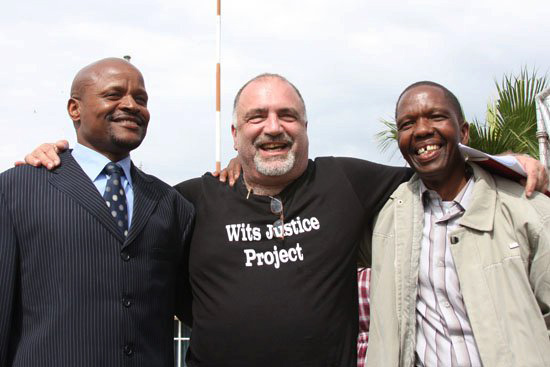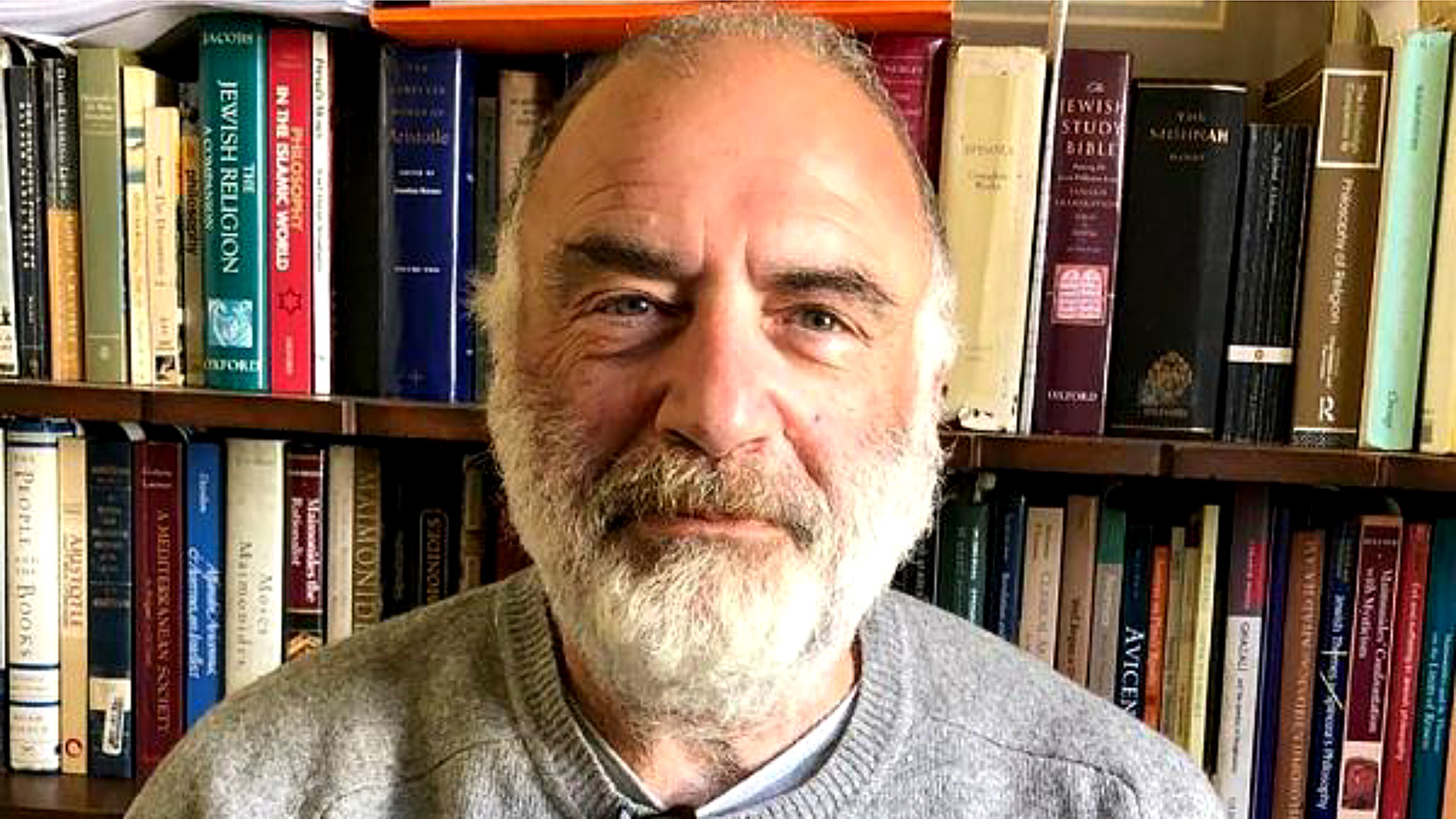Journalist Jeremy Gordin was found dead in his home in Parkview, Johannesburg, police have confirmed. He was found on Friday, 31 March after his family unsuccessfully tried to contact him.
In a statement issued on Saturday, Gauteng police confirmed they were investigating a case of house robbery and murder.
Gordin was a former associate editor of the Sunday Independent as well as a former editor of the Daily Sun. He was an author who co-authored two investigative journalism books, The Infernal Tower and A Long Night’s Damage. He also published a biography of former president Jacob Zuma, Zuma: A Biography in 2010, and three volumes of poetry.
In later years, he ran the Justice Project at the University of the Witwatersrand's School of Journalism. Recently, he was a regular columnist for Politicsweb.
“It is reported that the family of the deceased was in Cape Town when they tried to contact him but he could not be reached,” said a statement issued in the name of Lieutenant-Colonel Mavela Masondo, a police spokesperson.
A family friend went to check up on Gordin. “Upon arrival, she found the back door of the main house locked and the key of the door was in the lock on the outside… she entered the house and discovered that it was ransacked,” added Masondo.
Gordin was already dead with multiple injuries. A television and Gordin’s car were stolen.
“No arrests have been made and a manhunt for the suspect(s) is under way,” said Masondo.
According to News24, Gordin’s wife was making her way from Cape Town to Johannesburg.
“He was a big character, passionate about writing, literature and life, with a prodigious appetite for it all,” said Anton Harber, the executive director of the Campaign for Free Expression and Caxton professor of journalism at Wits University.
In August 2009, Gordin joined the Wits Justice Project where he investigated cases of wrongful conviction. Harber told Daily Maverick on Sunday: “Most notable was his role in tackling the case of two innocent ANC men, Fusi Mofokeng and Tshokolo Mofokeng, who were jailed for many years and neglected by the organisation… Jeremy was central to the team that investigated and campaigned for their release.
 Fusi Mofokeng (L) and Tshokolo Mokoena (R) are released from prison on April 2, 2011 in Kroonstad, South Africa. The two men were convicted in 1993 for crimes, on the basis of the doctrine of common purpose, and served nineteen years of their life sentences, despite maintaining their innocence throughout. With them is Jeremy Gordin who played a key role in their release. (Photo: Wits Justice Project)
Fusi Mofokeng (L) and Tshokolo Mokoena (R) are released from prison on April 2, 2011 in Kroonstad, South Africa. The two men were convicted in 1993 for crimes, on the basis of the doctrine of common purpose, and served nineteen years of their life sentences, despite maintaining their innocence throughout. With them is Jeremy Gordin who played a key role in their release. (Photo: Wits Justice Project)
Harber further added: “It is shocking that he should die in this way, he leaves a big gap in our lives.”
“Jeremy Gordin was a classic journalist, irreverent and fearless. He wrote what he thought and felt, regardless of who he offended — that sometimes got him into trouble,” said specialist foreign affairs writer Peter Fabricius. Fabricius worked with Gordin in previous years. Fabricius writes for Daily Maverick.
“His journalism was also underpinned by deep knowledge as he was, in his spare time, a classical scholar,” Fabricius said. “His cruel murder has robbed South African journalism of one of its best.”
Police have appealed to anyone who might have information that can assist in the investigation to call the nearest police station or the Crime Stop line on 08600 10111. Information can also be given anonymously via the MySAPS App that can be downloaded from any smartphone. DM




 Fusi Mofokeng (L) and Tshokolo Mokoena (R) are released from prison on April 2, 2011 in Kroonstad, South Africa. The two men were convicted in 1993 for crimes, on the basis of the doctrine of common purpose, and served nineteen years of their life sentences, despite maintaining their innocence throughout. With them is Jeremy Gordin.
(Photo: Facebook)
Fusi Mofokeng (L) and Tshokolo Mokoena (R) are released from prison on April 2, 2011 in Kroonstad, South Africa. The two men were convicted in 1993 for crimes, on the basis of the doctrine of common purpose, and served nineteen years of their life sentences, despite maintaining their innocence throughout. With them is Jeremy Gordin.
(Photo: Facebook) 